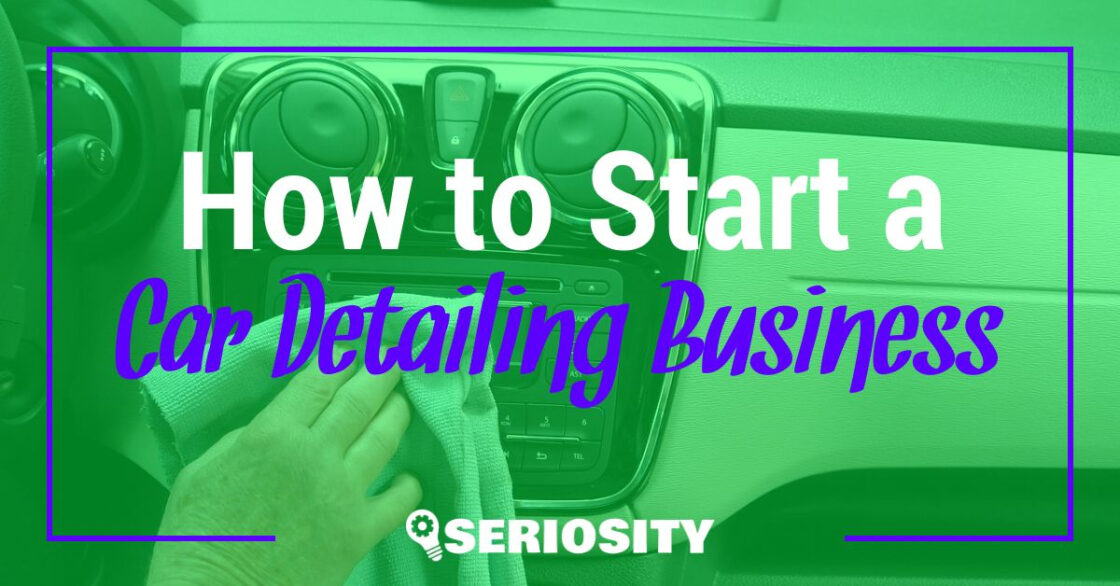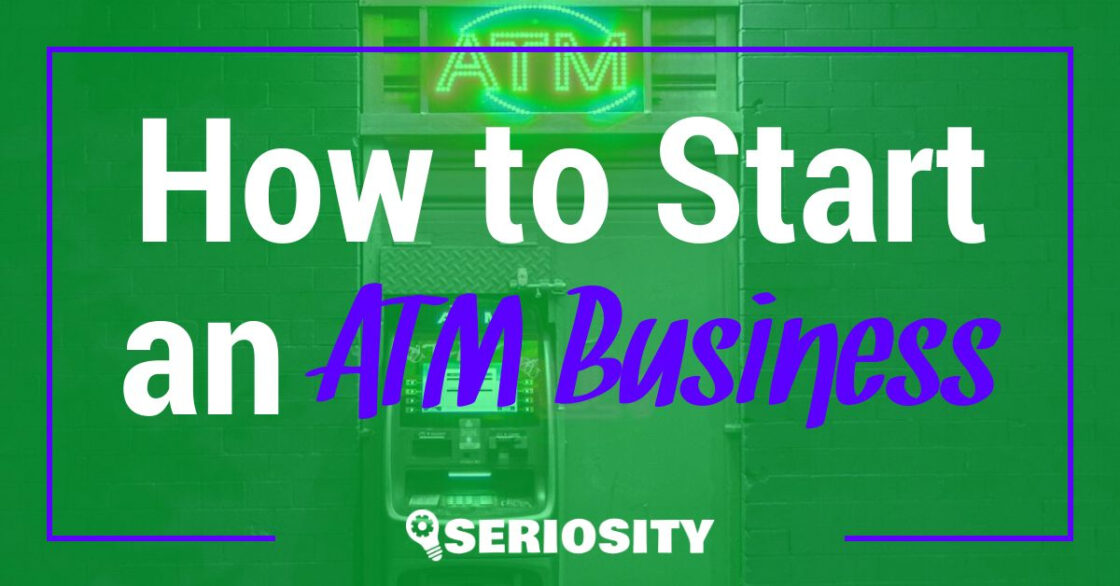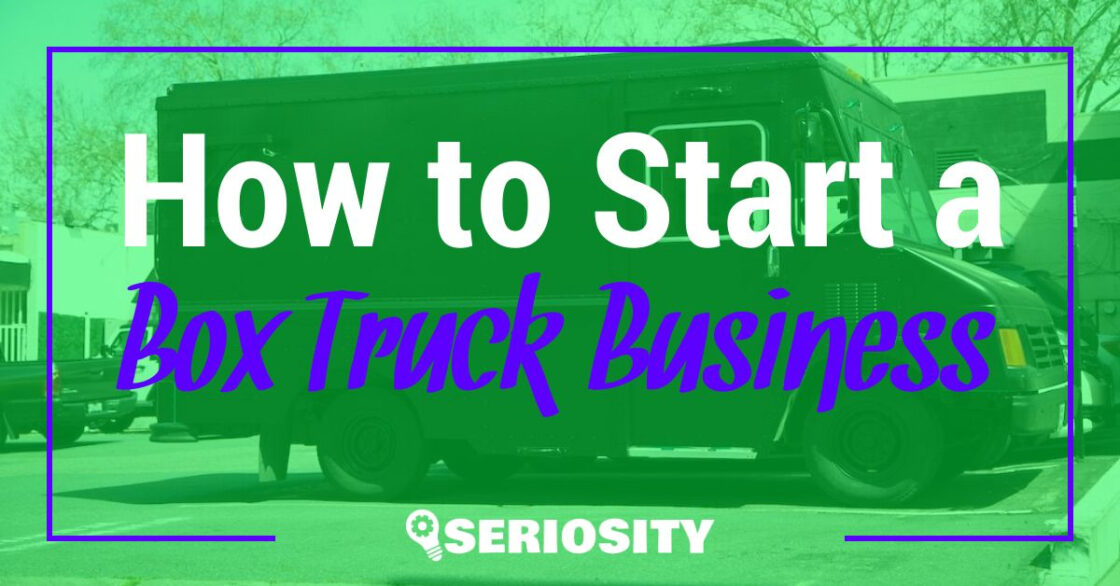Professional catering can be one of the most fulfilling careers out there, especially when you experience the happy faces of well-fed clients. However, it can also be tricky to get going, as there is a ton of research and planning that goes into getting started.
That said, never fear! If you’re wondering how to start a catering business, you’ve come to the right place.
We’ve compiled a simple yet detailed guide about the steps you need to take before embarking on your catering business venture.
How to Start a Catering Business
Catering is the all-encompassing term for producing food in bulk for various occasions, from small gatherings to weddings and events. It is generally served at a venue remote to your premises.
When starting out, there are a few measures to put in place to help your business thrive and ensure that every base is covered.
So, if you’re ready to turn your incredible hosting and cooking skills into a professional business venture, we recommend taking the following steps, which require thorough research and planning.
- Choose the services you can offer.
- Develop your business strategy and plan.
- Obtain the relevant licenses and permissions.
- Set your packages and pricing.
- Establish your capital investment.
- Train staff if necessary.
- Get your premises ready.
- Market, market, market.
Let’s look at these steps in greater detail.
Choosing Your Niche and Services
Catering can take many shapes and forms, from finger foods to buffets to specialized bespoke menus.
For this reason, you don’t want to market yourself as a one-stop shop, which can incur huge capital investment (and product loss).
Instead, decide from the get-go what exactly you can offer prospective clients within the scope of your resources.
Will you be catering for events, for weddings, or on a case-by-case basis? Have you got a set menu? Do you do full meals and buffets or just snack platters?
All these questions must be answered before you can start developing your business plan, as they’ll inform how much you need to spend and how much you can potentially earn.
Your services also directly impact what you need regarding equipment and staff.
Developing Your Business Plan
Trust us when we say you don’t want to start a business in catering without a solid business plan. As you’ll be dealing with fresh produce, there is always the risk of food loss and waste, which becomes expensive and frustrating.
To prevent this, research precisely what you need for success and how you can implement planning for a streamlined operation.
A good place to start is by looking at existing business plans and templates. You’ll notice that many contain the same headings, such as business goals and objectives, market research, financial projections, and contingency plans.
We won’t beat around the bush – it’s a lot of work. But it’s also the primary guideline for keeping you on track in the first stages of your business venture.
Licenses, Permits, and Permissions
If you’re selling food, you’ll more than likely need to obtain a food handler’s license and some form of health and safety certificate. For your clients, this guarantees that your products are being prepared in a healthy, risk-free environment.
Most states also require small businesses to be registered for trading purposes and tax statements.
For more information about the permissions you need to start your catering business, visit your local Chamber of Commerce, or conduct region-specific research online.
Determining Your Packages and Pricing
With your business plan ready and your licenses in place, it’s time to get to the fun part – planning your packages!
In a world of instant gratification, most clients don’t want to embark on a back-and-forth, preferring instead to be offered as much information as possible from the get-go.
Your catering packages may take the form of set menus and offerings, from platters to various-course meals. Or, you might have a build-your-own menu option to discuss in client meetings (this is the norm of weddings, for example).
Either way, another strong recommendation from our team is to include transparent pricing from the beginning. This could be per head or per unit, depending on your business strategy.
Some caterers also offer to build out a menu in relation to a fixed budget provided by the client.
Where Is Your Funding Coming From?
Any business venture requires capital investment, and this is especially true when you need stock and equipment. As catering is a bulk operation, you probably need a bit of space and some specialized cooking gear.
If you don’t already have a capital sum to invest in your business, you should consider a small business loan or grant. Speak to a financial advisor about your best options.
It is here that having a detailed, thoughtful business plan will help you secure the best funding for your particular operation.
Staffing Your Business
While some catering businesses function perfectly well as a one-person show, larger industries require staff, even if it’s just to help with prep and cleaning.
Selecting the right staff is just as crucial as training them correctly. Look for employees that share your passion and vision and equip them with the skills they need to be successful in their duties.
A good team will help your business thrive, allowing you to take on more clients, by default, grow your profits.
Getting Your Premises Ready
It’s go time. With your business strategy in place and your funding secured, all that’s left to do is get your premises cook-ready.
Ensure you have the necessary equipment, backup plans, and good storage for your produce. Cleanliness is critical (you’re working with food!), and general tidiness makes it easier for you to work quickly and efficiently.
If your business offers delivery or on-site service, ensuring you have a reliable vehicle, and safe, secure packaging is also a good idea.
Your Marketing Plan
With your catering business up and running, it’s time to get eyes on your product. Marketing for catering can differ vastly depending on your offer. You may opt for a standout website, a social media campaign, or garner new clients via word-of-mouth.
If you specialize in events, it’s also a good idea to arrange meetings with local venues to become a recommended collaborator or partner.





